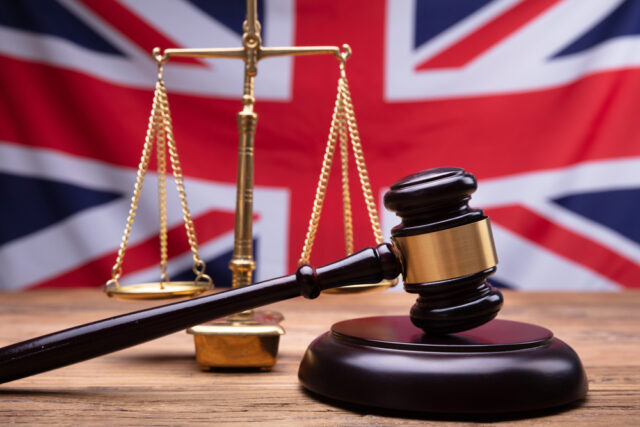High Court rejects Wikipedia challenge to UK online safety rules

A High Court ruling has ended Wikipedia’s attempt to overturn part of the UK’s divisive new Online Safety Act, but the legal fight over its application may not be quite over. Judges dismissed the Wikimedia Foundation’s challenge to rules that could place the encyclopaedia under the law’s strictest category of regulation.
The organization behind Wikipedia says the framework risks forcing it to verify the identities of its volunteer editors, undermining both their privacy and the way the site operates. It argues that the model, in which anyone can contribute without registering personal details, is central to the platform’s reliability and breadth of coverage.
SEE ALSO: UK VPN interest surges in response to new Online Safety Act
At issue is whether Wikipedia could be labelled a “Category 1” service. That designation applies to the largest online platforms, requiring them to offer users the choice of avoiding all content from accounts without verified identities.
Wikimedia warns that this would make collaborative editing unworkable, because most articles are the result of combined input from both named and anonymous contributors.
Phil Bradley-Schmieg, Wikimedia’s Lead Counsel, said the judgment did not give Ofcom and the government “a green light to implement a regime that would significantly impede Wikipedia’s operations.” He added that the ruling “emphasized the responsibility of Ofcom and the UK government to ensure Wikipedia is protected.”
In its case, Wikimedia said the only way to avoid Category 1 status would be to block about three-quarters of UK visitors or disable key features of the site. It argued that the regulations were drawn too broadly, targeting services far beyond the commercial social networks the policy was intended to address.
Government lawyers said ministers had considered excluding Wikipedia, which serves roughly 26 million people in the UK each month, but decided it was not appropriate to do so. The court accepted this, concluding that the decision was consistent with the law and based on Ofcom’s research and recommendations.
Ofcom’s work identified two platform features as the most relevant to rapid content spread: algorithm-driven recommendation systems and user-to-user sharing tools.
Wikimedia told the court that its versions of these functions are rare, used for moderation, and not designed to push content to mass audiences.
The court stressed that Ofcom will make the initial decision on whether Wikipedia meets the Category 1 conditions, taking into account user numbers and the presence of qualifying technical features. Ofcom has already requested detailed information from Wikimedia, and a decision is expected before the end of the current regulatory cycle.
Wikipedia's UK future unclear
If the encyclopaedia is classified in the strictest category, the obligations would not take effect until after Ofcom’s codes of practice are published, which will likely be in 2027. Wikimedia has indicated it may bring another legal challenge at that stage if it believes the rules threaten its ability to operate.
The ruling, which you can download here, highlights a broader issue in online regulation: applying safety measures designed for large, commercial platforms to non-profit, public interest services.
For now, Wikipedia remains outside the scope of the strictest duties, but its future under the Online Safety Act remains uncertain.
What do you think about the court’s ruling and its impact on Wikipedia? Let us know in the comments.
Image credit: AndreyPopov/depositphotos.com
